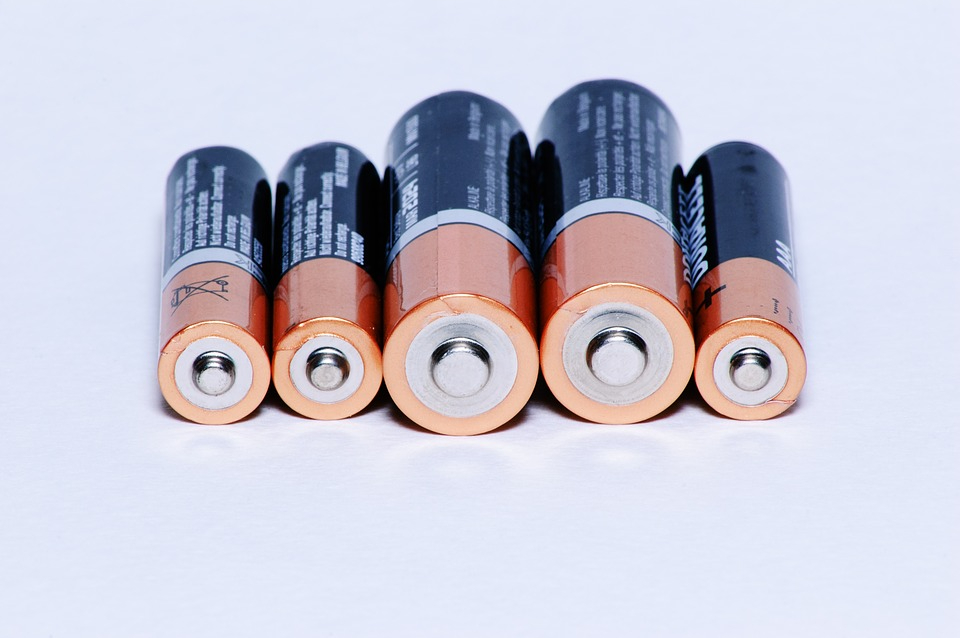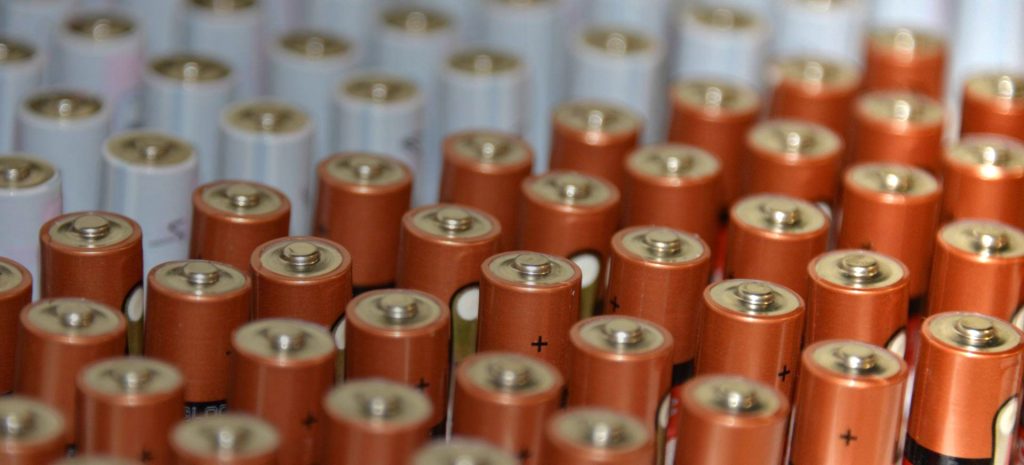Bill Gates Is Investing In Batteries For A Surprising Reason
In a surprising move, Bill Gates has invested a massive amount of money into a startup that makes batteries.
This article is more than 2 years old

Bill gates is a public figurehead that is widely known for his philanthropic work and humanitarian efforts. Thus, it makes sense why he would invest a large portion of his capital into companies built on the premise of maintaining the integrity of the planet on which we all abide. He recently allotted some of his assets to help aid in the construction of a nuclear energy plant in Wyoming. Now, according to CNBC, Gates is investing in a small startup that makes lithium-ion batteries.
Batteries and something that’s beneficial for the environment are two things that often don’t go hand in hand. However, with more and more people electing to replace their gas-powered cars with electric vehicles, batteries and their relationship to the environment are becoming much more well-defined. Bill Gates is keenly aware of this relationship and as a result, through his investment fund Breakthrough Energy Ventures, he invested $10 million in a tiny 7-person startup called Mangrove Lithium.
While the risk of investing in a company that at present does not have any clients nor has it brought in any revenue, seems quite high, Bill Gates’ logic surrounding the investment actually speaks to how advantageous taking a chance on the small company could turn out to be. This is because, as the demand for electric vehicles continues to rise, so too will the demand for the batteries that power them. Eventually, that demand will become more and more difficult to fulfill, which will result in all too familiar supply shortages in the future. Mangrove Lithium’s entire mission is built on the premise of providing a solution for the anticipated battery bottlenecks that will arise in the decades the come. Therefore, Bill Gates’ decision to invest in such a company will likely prove to be a fruitful one, indeed.

Andrew Miller, who is the chief operating officer at a market intelligence company that analyzes the battery to electric vehicle supply chain called Benchmark Mineral Intelligence, explained that electric vehicles will account for 90% of all demand for lithium by the year 2030. Miller continued to detail that, that demand, which will amount to approximately 354,000 metric tons of lithium, will eventually not be able to be met because of a large deficit in the resources available to convert that lithium to a state viable for use in making batteries. Mangrove Lithium specializes in turning raw lithium into the material suitable to make batteries with, thus the company aims to close that future gap in lithium conversion power by becoming an alternative resource for automakers unable to obtain the lithium that they need to power their cars elsewhere.
As the world moves to become more sustainable at an increasing rate and more and more people opt to use electric-powered cars, it is clear that Mangrove Lithium and companies like them will become more and more vital to the battery development process for those vehicles. Celine Buchel, a principal research analyst in chemicals, minerals, and mining, reiterated that producing battery-grade lithium compounds in a timely manner is going to become a future necessity. “New production capacities need to be built in order to meet the tremendous demand of battery-powered vehicles, “ said Buchel. Mangrove Lithium is at the forefront of this emerging battery-centered industry.




